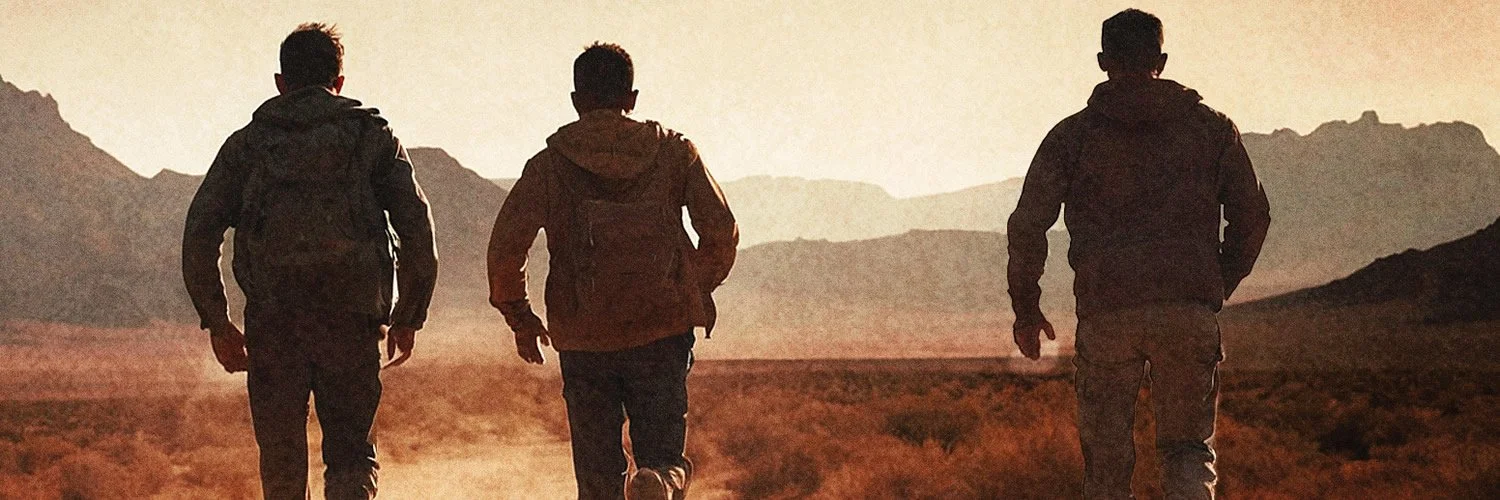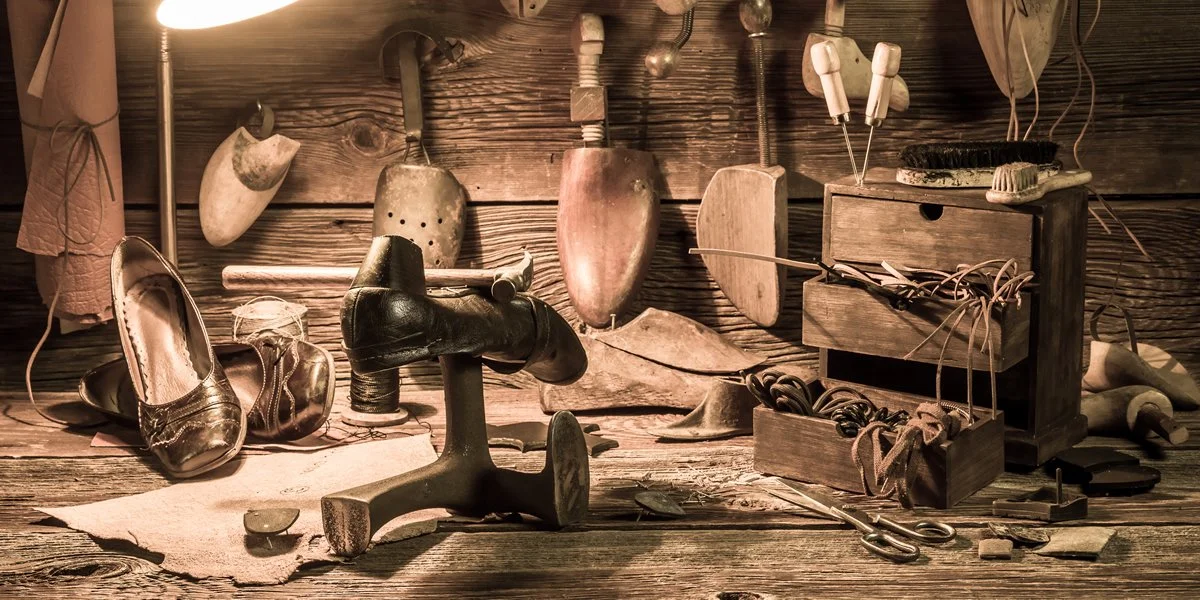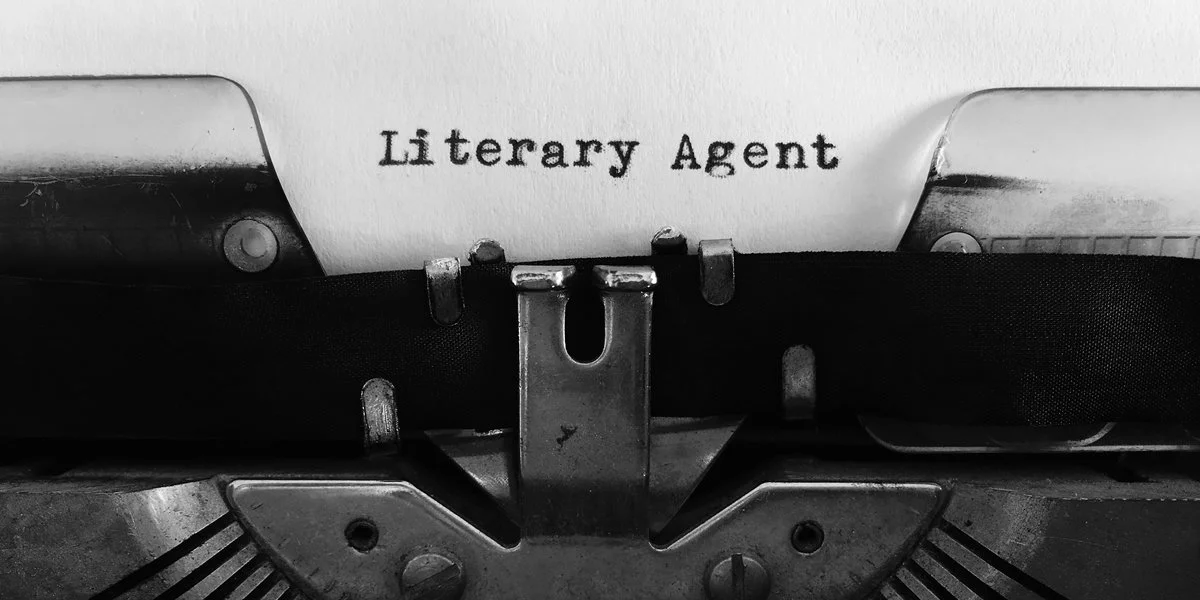The heavy door shuddered as Wyatt threw his shoulder against it, stumbling into the overheated cabin. He wiped caked snow from his eyebrows and trimmed beard.
“I not hear your machine,” said Agatha, rushing across the tiny room to help her husband from his parka. She hung it on a peg behind the tiny, decorated tree.
"Broke down about a mile from here. Storm hit about an hour after the helicopter took off with Travis. Must be blowin' fifty out there. Thank God it's just spittin' snow and not too cold. Easy walk except for the wind. I can fix the snow machine in the morning."
"How bad was the wreck?" Agatha asked. “The radio don' say when they called us for help. Only says he crashed over on Snowshoe Lake. Two more minutes, he'd a been here.”
“My brother got out before the Cessna burned. He was talkin’ all goofy when I got there, all mixed up about Squirrel's present. Kept talkin’ about a Ruger when I ordered a Winchester. The Army paramedic on the rescue helicopter thinks it's just a concussion. He broke both legs, but they will heal.”
“Can we go tomorrow and salvage any of the supplies? What about mail-order presents?”
“There's just a pile of cinders and melted aluminum.”
Agatha poured a cup of tea and handed it to Wyatt. He pulled a chair over next to the wood stove and began unlacing his boots. He tugged off his canvas pants and hung them next to the tree. “You and Squirrel finished stringing the popcorn. Is Squirrel asleep?”
Agatha retreated to the table and picked up the otter skin parka she had been sewing. She pointed at the loft and smiled. “I'll finish Squirrel's new coat tonight.” Her hands looked tiny holding the long metal needle she used to sew leather. “We got our present. Travis is alive.”
The crackle of burning spruce logs almost masked the howling of the wind outside the log cabin. Wyatt sat, nursing his steaming tea. He mentally took inventory of their supplies. Things would be tight, but they would be okay for a couple of months, plenty of time to get another order on an airplane from Fairbanks. They still had almost six thousand dollars in the old coffee can on the shelf. “I'll order Squirrel another .22 rifle. An eight-year-old boy should learn to shoot. He'll be disappointed that there is nothing under the tree.”
“The village will be serving the Christmas Love Feast tomorrow,” said Agatha. “I wish the ham and rest of dinner had survived.” She refilled her own tea mug. “I’ll bake a moose roast. We’ll use the last of our potatoes. I have canned corn."
Her husband said nothing, just sat rubbing his feet. He glanced at his watch. “It's after midnight. Merry Christmas to the prettiest girl in the Noatak country.” He reached out and squeezed Agatha's hand.
A shy smile and faint flush filled her face. “I guess Santa got lost in the storm, maybe. He probably has to send his presents some other way,’ she added, looking up at the loft. ‘It's time for bed.’
The smell of frying Spam awoke both father and son. “Can we use the radio to see if Santa is really lost?” asked Squirrel. “Maybe he’s looking for Thomas, that's how I signed my letter to him.” The boy ate the last of his pancakes, staring at the tree.
“If he’s lost, he'll have to send his presents some other way,” replied Agatha.
“Maybe the helicopter scared his reindeer but I'm glad that Uncle Travis is okay.” Squirrel excused himself and pulled on his canvas coat then tugged his hat and gloves from the line above the stove. “I'll refill the woodbin.”
He opened the cabin door and tripped over something on the porch and tumbled into the snow. He screamed.
Both mother and father were out the door instantly. There on the ground lay Squirrel. In front of him a roly-poly, long-haired yellow puppy sat staring at him. The dog had a cord around his neck and a tag. “What's the tag say?” asked a startled Agatha.
Squirrel pulled the puppy into his arms. He looked at the tag. “It says Ruger.”
Wyatt looked out onto the trail. Over the faint impressions of his tracks the night before, tiny feet had followed him from the wreck. Looking up at the clearing sky, he whispered, "thank you."
___
THE NOATAK VALLEY OF ALASKA IS REMOTE, MOUNTAINOUS, AND STUNNINGLY BEAUTIFUL. THE ISOLATED CABINS OF ITS CITIZENS NOW HAVE SOLAR PANELS AND TWO-WAY RADIOS, BUT FEW OTHER ACCOUTREMENTS OF MODERN URBAN LIFE. MANY LIVE A SUBSISTENCE LIFESTYLE, TRAPPING FURS IN THE WINTER, WHILE SOME OF THE MEN GUIDE OUTSIDE HUNTERS TO ADD CASH INCOME. BASED ON FINANCIAL WEALTH YOU MIGHT THINK OF THEM AS LIVING IN POVERTY, BUT THEY ARE SOME OF THE RICHEST PEOPLE I KNOW. WHILE EVERY VILLAGE NOW HAS A SCHOOL, MANY PEOPLE SPEAK A STRIPPED-DOWN ENGLISH, IGNORING WORDS THAT DO NOT ADD CLARITY. THEY ARE AMONG THE KINDEST AND MOST INDEPENDENT PEOPLE I HAVE EVER MET.











